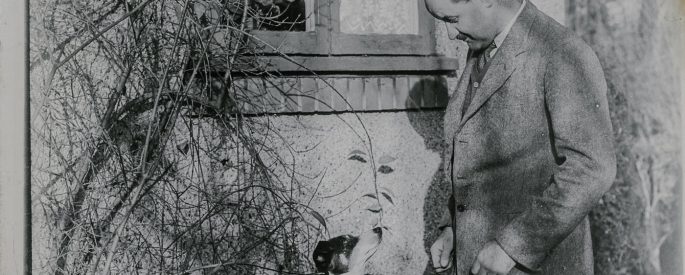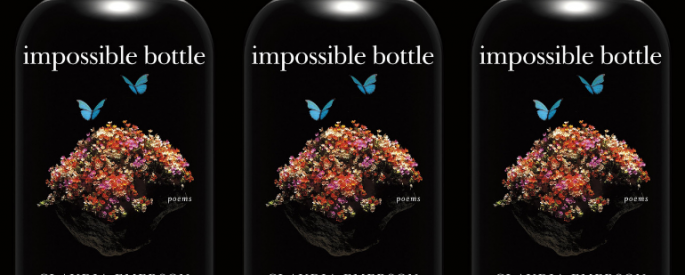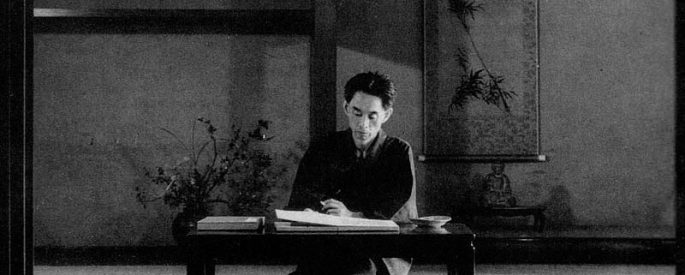form Archive
Anything Goes: Storytelling in a Digital Age

In the age of the Internet, fiction writing is changing yet again. As readers and writers, should we fear the use of technology in books? History says “no.”
L’Appel du Vide: On Visual Caesuras and Erasure

I take the five students of my poetry micro-workshop outside to discuss Claudia Emerson’s latest collection Impossible Bottle. As we sit in the sun, bending over the brilliant bright book pages, a student points to the poem “Metastasis: Web” and volunteers to read it aloud before our analysis of
Reconstruction: How the Lyric Essay Rendered One Body After Trauma

1. I didn’t start writing lyric essays until I found out I had cancer. The melanoma buried in my right cheek was at first missed, and then misdiagnosed in its severity. Clark’s stage IV, they told me. Likely in my lymph nodes, but they wouldn’t know until my third
Morphology of the Essay: Ander Monson, Claudia Rankine, Eula Biss, Leslie Jamison, & Maggie Nelson

According to Wikipedia, a keystone is “used figuratively to refer to a central element of a larger structure […] that locks the other elements in place and allows the whole to be self-supporting.” With a stone archway, the form is inherent, or predetermined. First, there is the abutment, then
Poetry as Design

A car that can’t get you from point A to point B is a bad car. A pitcher that can’t hold liquid is a bad pitcher. A garment that doesn’t fit the human form is a bad garment. (Make it work, designers!) A poem that doesn’t make you feel something
Pursuing Essence through Ambiguity: On Kawabata’s Palm-of-the-Hand Stories

Among the known instances of writers reworking published material, Japanese author Yasunari Kawabata stands apart for his seemingly untenable decision to turn his acclaimed novel Snow Country (for which, along with Thousand Cranes and The Old Capital, he received the 1968 Nobel Prize) into an eleven-page story. Kawabata completed